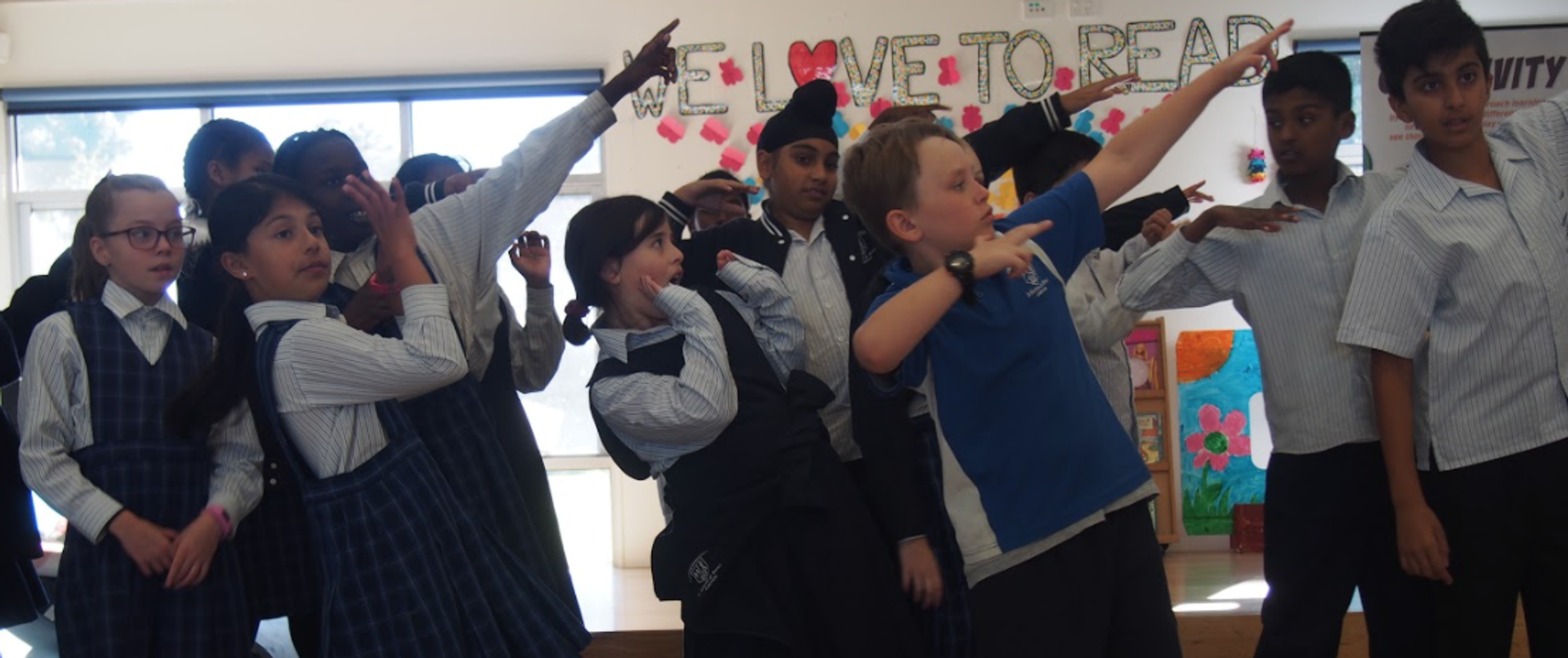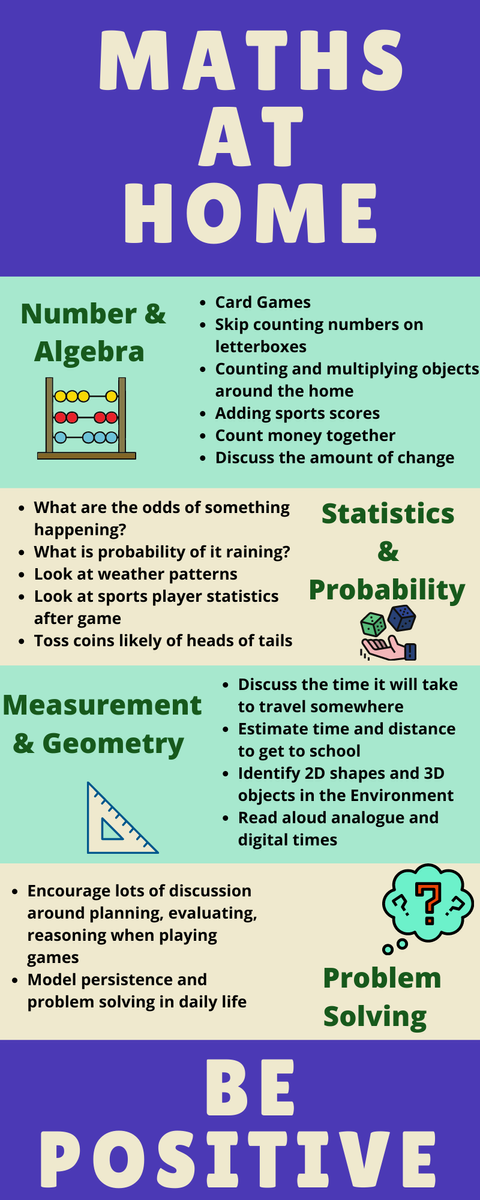Teaching and Learning News

Mathematics at SMDP
In 2021 we have again been selected to be part of the Monash University Research Project looking into how we can extend mathematical thinking in the early years. This year the Prep/1 and Year 2 children will participate in the Research Project.
Using such challenging tasks requires a different lesson format from one that starts from the teacher telling students what to do. Specifically, we are encouraged to incorporate the following elements:
- pose tasks without instructing students on solution methods;
- allow students time to engage with tasks initially by themselves, perhaps later in small groups;
- differentiate tasks for students who might require additional support and those who finish quickly; and
- orchestrate classroom dialogue between students, emphasising students’ explorations and mathematical thinking
We are really excited to be part of this project and will share our journey with you throughout the year.
In Years 3-6 the classroom teachers have been involved in professional learning opportunities to learn about ways to build classroom talk and dialogue during maths lessons.
In the past decade there has been a major shift in the teaching of mathematics. It is no longer enough to require students to "do mathematics". Teachers are required to facilitate and assess fluency, problem solving, reasoning and critical thinking and students need to be able to demonstrate an ability to think, behave and communicate mathematically.
At home you can help your child's maths by…...
What can I do to support my child’s mathematical understanding?
Parents can do many things that encourage mathematical understanding. Maths includes noticing numbers, shapes, patterns, size, time and measurement. Incorporating maths into everyday experiences is easy and fun.
Maths is everywhere – in the playground, at the shops and at home.
Our attitudes and feelings towards maths can impact on your child’s perception of maths.
Two important things you can do to support your child’s mathematical understanding are:
Be positive about maths
- Sharing negative experiences (by saying, for example, “I was never good at maths”) will not encourage your child to engage in mathematics and be confident about taking risks as they solve problems. Instead, try statements like: “Okay we can solve this if we work it out together. What are you thinking?”
Let your child know that you think mathematics is important
- Let your child know that everyone can learn mathematics.
- Praise your child when he/she makes an effort and understands something for the first time and share the excitement when you and your child solve a problem that seems difficult.
Elise Coghlan
Literacy & Numeracy leader

